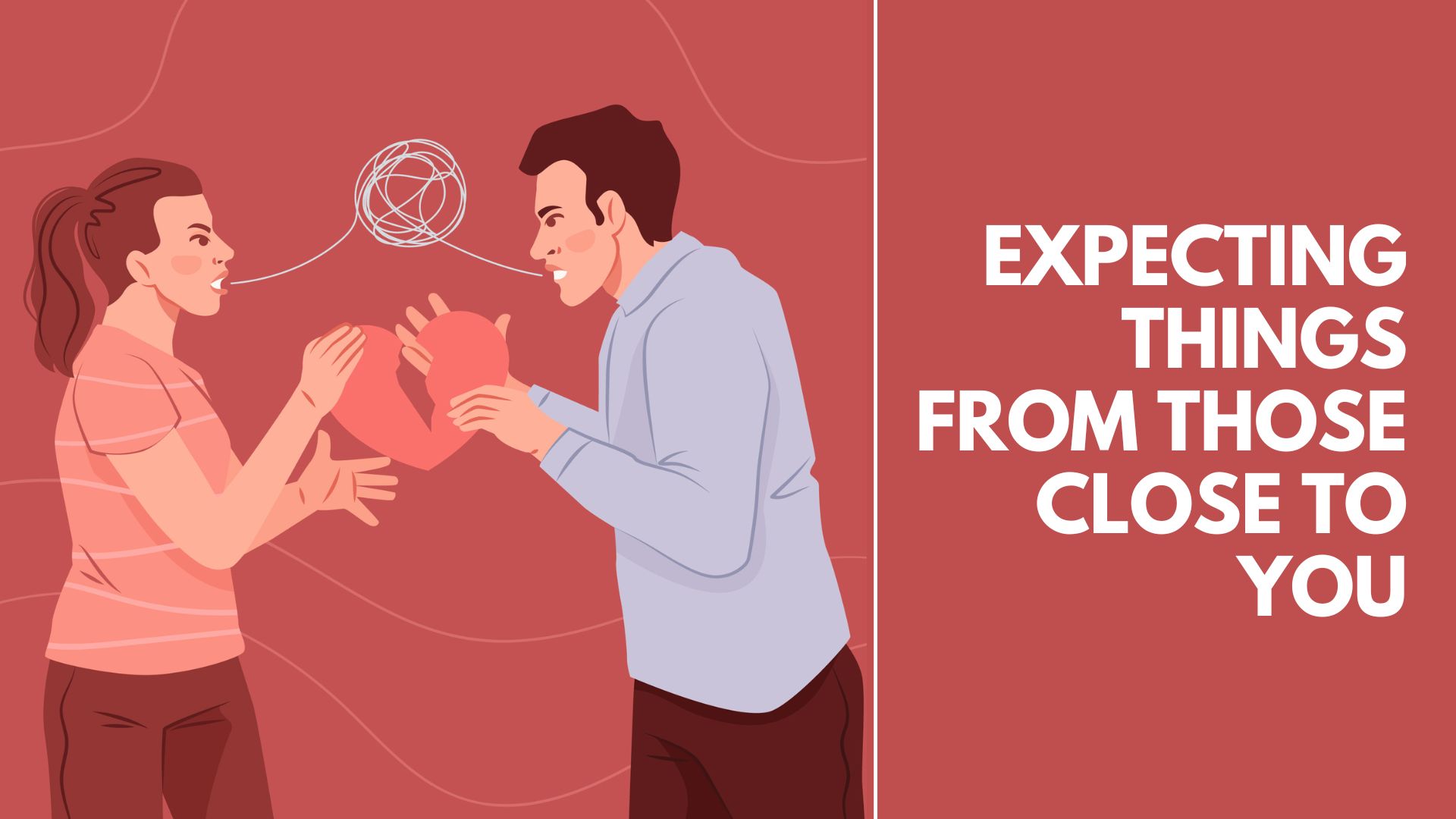I’m not in this world to live up to your expectations and you’re not in this world to live up to mine. – Bruce Lee
Expectations are the best way we have of hurting ourselves. When we expect things from the people around us, even if it involves those closest to us. Buddhism and other religious and philosophical currents may suggest that the best way to avoid this is to let go of expectations. But can we do this fully? Letting go of all of one’s expectations is not a realistic goal, but we also can’t keep focusing too much on expecting things from other people.
So, is it good or bad to have expectations? Rather, we can frame the question as: when is it positive and when is it negative to have them?
Consider when you should let go of expectations.
When things are beyond your control
We might hope that another person makes a decision that benefits us or that the stars align in just the right way. But hoping and expecting are two different things.
When we hope, we know that the outcome is not guaranteed but can remain optimistic. When we expect, we anticipate the outcome we desire and might get disappointed if it does not happen. If an outcome does not depend on us, we might hope for it to happen in a certain way, but if we expect it, then any deviation can make us feel disappointed. It’s better to temper our expectations when things don’t depend on us.
When we want another person to change
Other people will only change when they want to. After all, it’s not an easy process. But we can’t expect others will change immediately after we asked them too, much less that they will change at all.
We can ask others to modify their behavior. When they care about us, they might make the effort. But change is never guaranteed. It’s better to assume that things are more likely to continue as they are and act accordingly.
When we set a very high bar
We might expect things to go exactly as planned or go perfectly. That almost never happens. If we anticipate everything going according to plan, we are almost sure to be disappointed. We can be flexible in what we expect, so if even some detail fails or goes wrong, we can face it in a resilient manner.
However, there are also situations where expectations are reasonable, at least, to some degree. What can and should we expect?
Respect for our boundaries
Other people will do what they need and want, but we can expect that in a good relationship, our boundaries will be honored. When we say we don’t like being treated a certain way, for example, it is reasonable and healthy to expect this as long as the request is within reason.
We cannot dictate what others do for themselves, but we can ask to treat us a certain way. A lack of respect is not something that can be tolerated or indulged for long.
A willingness to communicate
We can’t always get what we want, however, it’s reasonable to expect a willingness to communicate and have a dialogue. This is the basic needed condition to reach a compromise and discover a potential solution.
If the other person is not even willing to communicate, the situation is unlikely to get resolved in a positive way. This means not that we should expect more but recognize that things are unlikely to work out, so it might be better to withdraw entirely.
Respect for our identity and self
There are behaviors that we can expect not to happen. Insults, for example, or fighting. Breaching our boundaries in an extreme way or refusing to respect our identity, name, decisions are red flags, which we can expect to avoid in a healthy relationship.
When these expectations are not met, it’s a clear sign we need to run. Leave situations where a basic level of expectations is not met. It’s reasonable to have a bar that is not excessively high, and we should not set it too low either.


